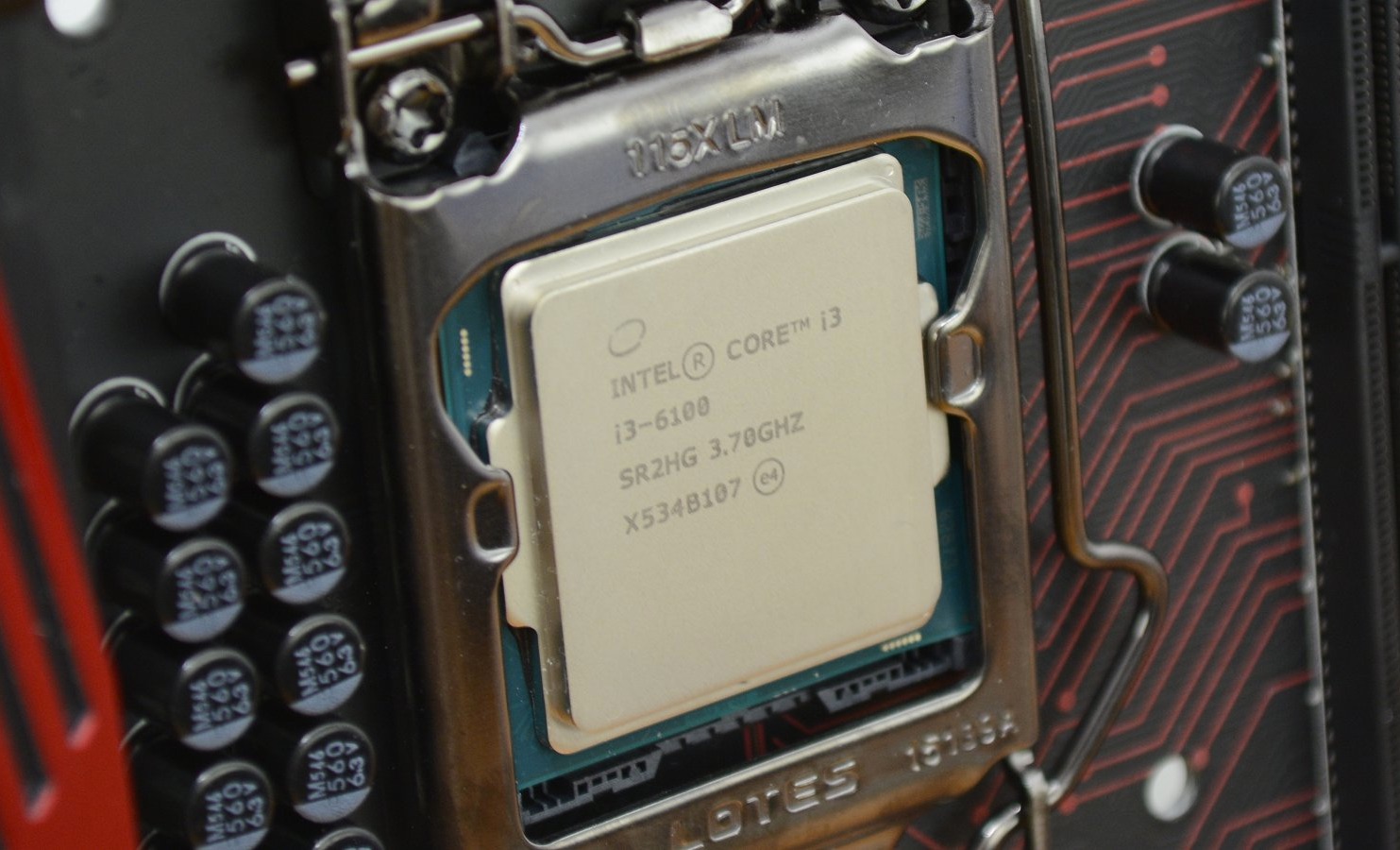It feels like forever ago now but there was a time when you could buy a reasonably affordable Intel processor like the Core i5-750 and overclock the snot out of it to achieve Core i7 level performance. That was 2009, and it was the last time you could overclock a non-K Intel processor or a Core i3 processor of any specification (until now).
In overclocking circles it was recently noted that BCLK (base clock) overclocking might become a possibility in Skylake processors, but it would be up to motherboard manufacturers to circumvent Intel's restrictions. Last night Asrock contacted us and told us they had an updated BIOS that could enable this condition. We jumped at the opportunity and have tested and confirmed this.
